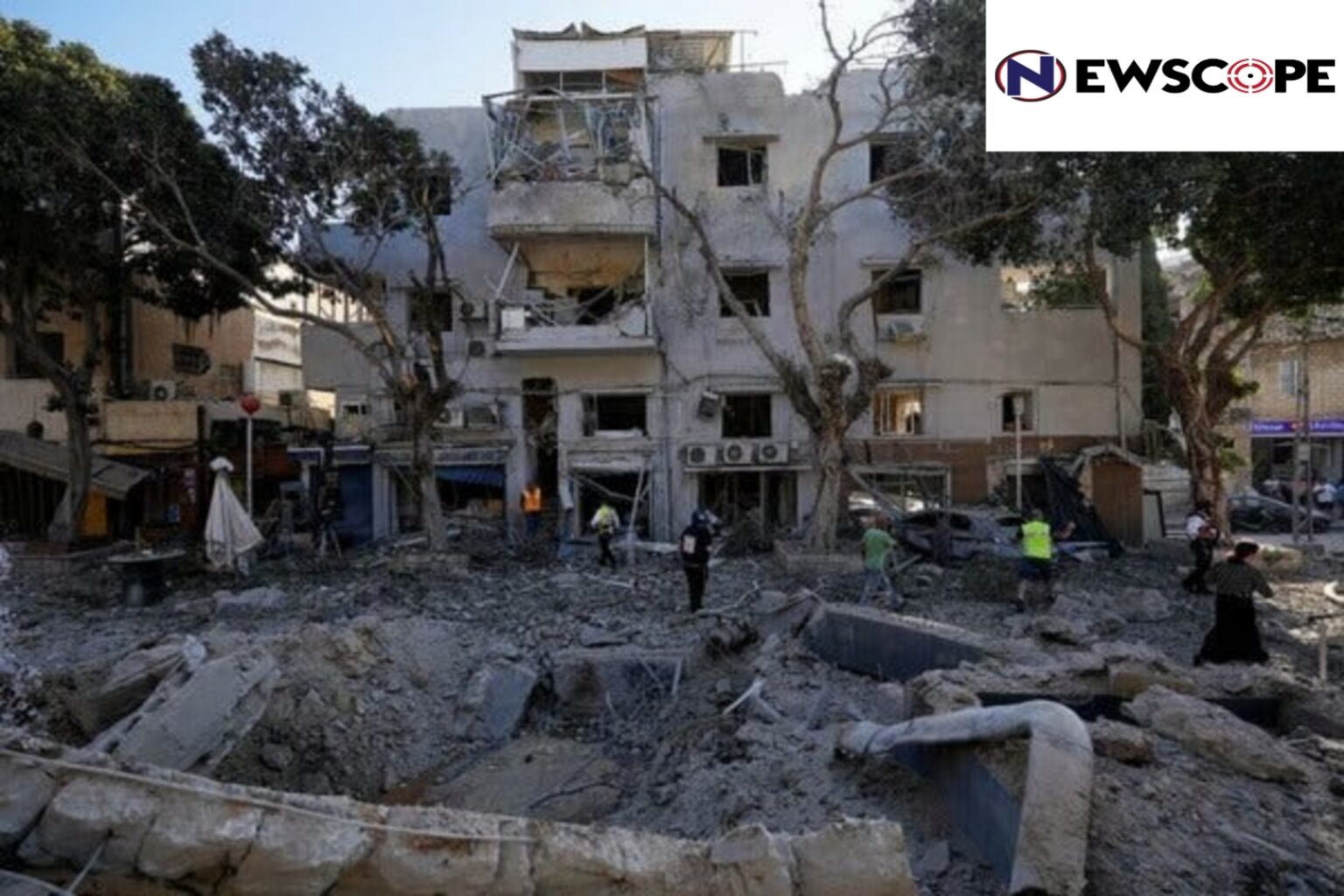After days of posturing on social media, the United States has finally joined Israel in it’s fight against Iran. The US launched precision airstrikes on Fordow, Natanz, and Isfahan, Iran’s key nuclear enrichment sites in an attempt to disable Iran from further nuclear progress. US President Donald Trump announced the attacks on his social media app, truth social, claiming US powers ‘totally obliterated’ Iran’s nuclear capabilities. He described the attacks as ‘spectacular military success’ key to neutralizing a ‘nuclear threat’. The operation was carried out by B-2 stealth bombers deploying bunker buster bombs and Tomahawk missiles at heavily fortified sites critical to Iran’s nuclear program.
The strikes followed weeks of Israeli attacks on Iran’s missile and air defense systems. The US involvement is a shift from Trump’s earlier repeated reluctance to engage in foreign conflicts. Israel’s Prime Minister Benjamin Netanyahu praised US involvement, stating that it is a historic pivot against Iran’s nuclear ambitions. However, domestically, the move is not without criticism democratic Senator Chuck Schumer accused Trump of bypassing the Congress, violating constitutional war powers while Republican Thomas Massie labeled the strikes ‘unconstitutional’. Russia and China condemned the US for ‘dangerous escalation’. Countries like the UK, France, and Germany urged Iran to continue negotiations. The IAEA confirmed damages to the targeted sites but no widespread radioactive contamination has been reported. Saudi Arabian officials have backed these claims.
Iran has widely condemned the strikes. ‘Savage assualt’, said Iran’s atomic energy agency as they vowed to continue Iran’s nuclear activities. Supreme Leader Ayatollah Khamenei went on to promise ‘irreparable damage’ to US interests. Iranian Foreign Minister Abbas Araghchi commented on the attacks being a gross betrayal of diplomacy, he warned of everlasting consequences. The Iranian parliament voted to close the Strait of Hormuz. The Strait of Hormuz connects the Persian Gulf to the Gulf of Oman, connecting all major oil producing nations of the Middle East to open seas tactically. Closing it, as US secretary of State Marco Rubio has very eloquently stated, be an ‘act of economic suicide’. The route is narrow enough to be easily blocked. It is of great economic importance, as any disruptions to it would have disastrous consequences on LNG and oil trade globally. It would result in classic trickle down effect and prices of many commodities will rise significantly. The world, quite simply, be in grave recession
Western sanctions on Iran has limited its major oil client to China, but blocking the Strait of Hormuz could mean a set back to that alliance as well. The blocking of the strait would cause immense losses to Iran and all of its allies as well as its enemies. It is a move that will help nobody, especially since maritime traffic in that area has never been blocked before, even during the 1980s Iran- Iraq war.



